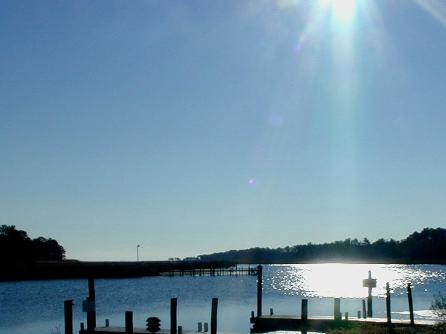Climate change impacts on the physiology and trophic dynamics of harmful algal species
Global climate change is expected to have profound impacts on biogeochemistry, nutrient cycling and biological process in the ocean, and species inhabiting coastal ecosystems are among the most vulnerable to these changes. Examining the effects of climate change on isolated species, however, will not adequately portray the extent of these impacts on complex biological communities. Previous research shows that elevated temperature and/or CO2 alters toxicity for some harmful algal bloom (HAB) species, but the consequences of altered toxicity on community dynamics and trophic interactions have not been investigated. Prior ECOHAB-funded research to Warner and Coyne investigated the effects of climate change on growth, physiology and expression of enzymes involved in carbon and nitrogen metabolism for local. Results showed that HAB species show species- and strain-specific responses to changes in temperature and/or CO2, along with substantial changes in nutrient quotas and partitioning of carbon biomass for some HAB species, even when no changes in growth rate were observed. Such shifts will likely alter the nutritional quality and mass transfer efficiency to grazers in a species-specific manner, possibly impacting zooplankton survival, growth and production rates.
Our current ECOHAB project will investigate the effects of climate change on HAB species and the consequences of altered toxicity and nutritional quality of HAB species on micro- and mesozooplankton grazers. Results of this project will lead to a better understanding of the impact of climate change on competitive interactions and trophic dynamics in coastal ecosystems of the future. Investigators: This project is funded by a grant from NOAA to Mark Warner, Kathryn J. Coyne (kcoyne@udel.edu) and Jon Cohen. |

